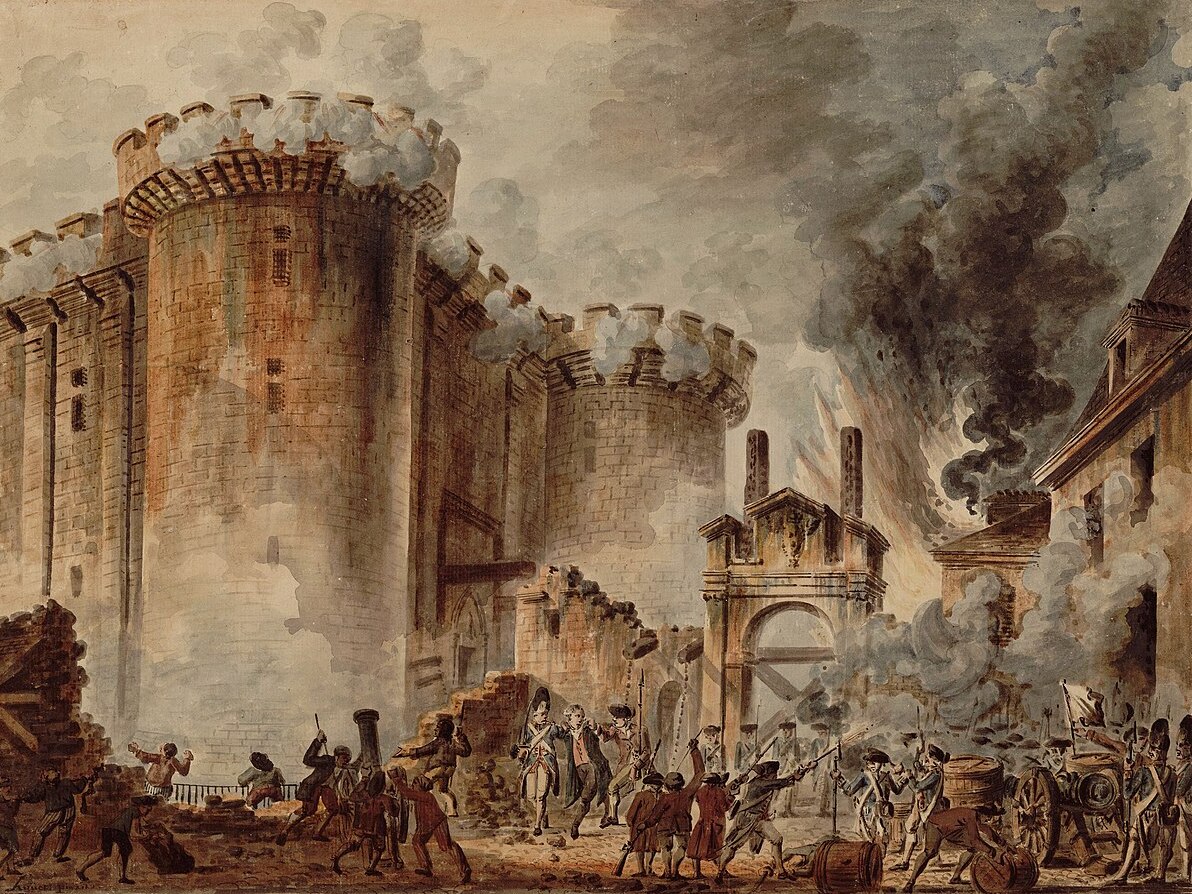HUMS 279, Democracy and the French Revolution

Course Description:
The French Revolution of 1789 and its legacies, as viewed through the late-eighteenth-century debates about democracy, equality, representative government, and historical change that shaped an enduring agenda for historical and political thought in Europe and around the world.
Led By:
 |
Professor Isaac NakhimovskyFields of interest:
Intellectual history of Europe since the 17th century; history of political thought; historiography of international law and political economy Bio:
Isaac Nakhimovsky is Associate Professor of History and Humanities. His first book, The Closed Commercial State: Perpetual Peace and Commercial Society from Rousseau to Fichte (Princeton, 2011), showed how, in the context of the French Revolution, the German philosopher J.G. Fichte came to undertake a systematic treatment of economic independence as an ideal, or the political theory of what John Maynard Keynes later termed “national self-sufficiency.” He has also collaborated on an edition of Fichte’s Addresses to the German Nation (Hackett, 2013), and two volumes of essays on eighteenth-century political thought and its post-revolutionary legacies: Commerce and Peace in the Enlightenment (Cambridge, 2017), and Markets, Morals, Politics: Jealousy of Trade and the History of Political Thought (Harvard, 2018). His next book, A World Reformed: Liberalism, the Holy Alliance, and the Problems of Global Order, is under preparation for Princeton University Press, and in June 2020 he will deliver the annual Quentin Skinner Lecture at the University of Cambridge. |